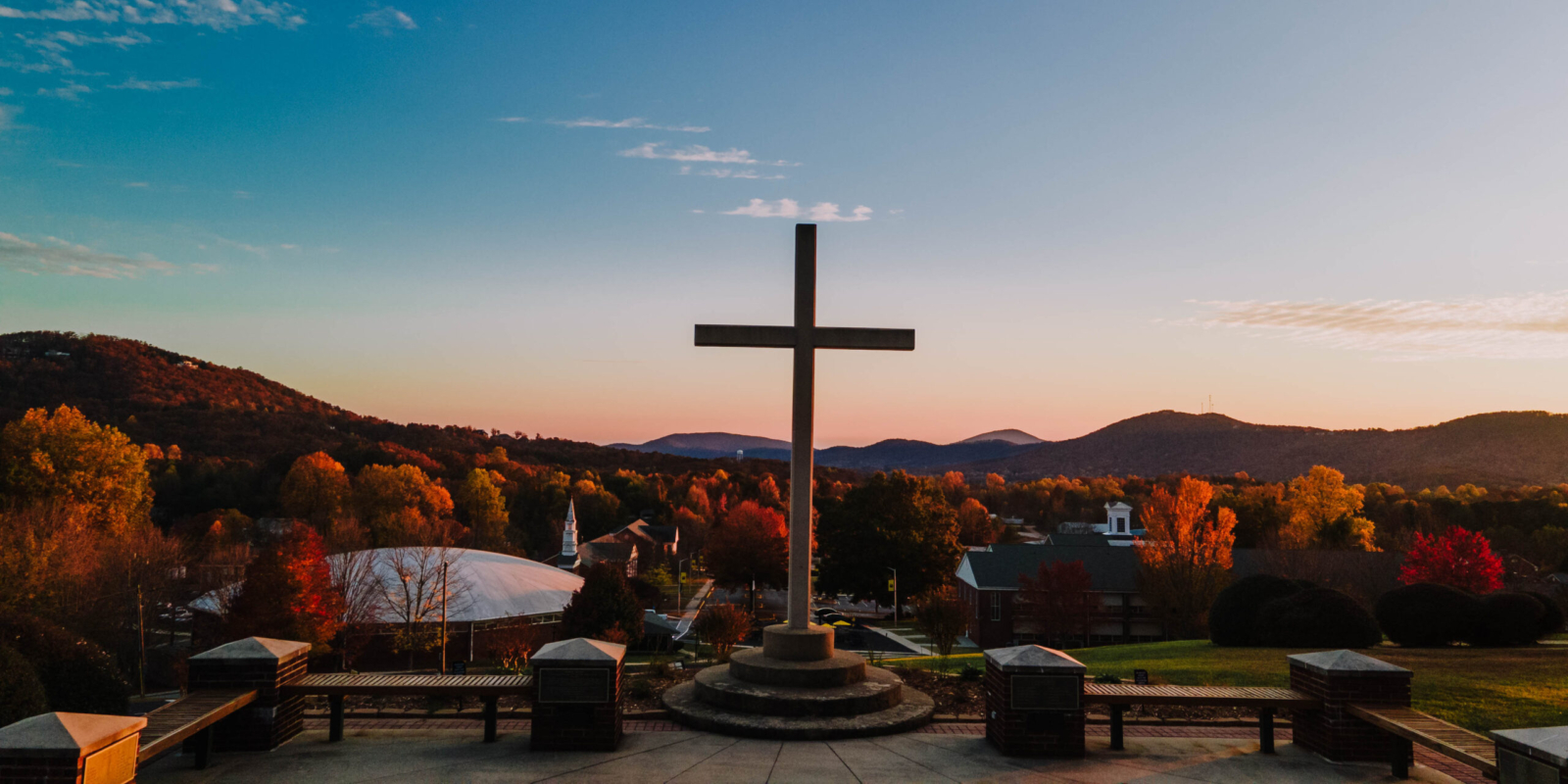by Nathan Stanford
Every spring semester, one chapel service is designated as World Missions Day. This year’s speaker was Dr. Van Sanders, associate professor of missions and evangelism at Truett-McConnell College.
“We live in one of the most opportune times in world missions history. We are able to do things today all around the world that in times before were never heard of,” Sanders said Feb. 23.
Acknowledging the anniversary that Adoniram Judson and his family set sail for India, becoming America’s first foreign missionaries, Sanders contrasted how the focus of the Great Commission to “go” has changed in the last 200 years.
“He [Judson] truly left his home and all of his comfort to follow Jesus and to make him known among the peoples of the world,” Sanders said.
“World missions has changed,” he added. “We don’t have to go as Adoniram Judson did on a six-month trip across the ocean to give our whole life to one specific area in order to impact many of the most unreached people of the world all around us.”
Sanders saw this shift after his very first missions experience serving the Pokot tribe in Kenya. “These people were very different from me outwardly, however on the inside they had as much a need for Jesus Christ as I did growing up in Chattanooga, Tenn.”
After he came home from serving overseas, Sanders studied lostness in North America. “I began to see how God was changing the scope and nature of world missions,” he said. “This was one of the hardest things for me to realize after I came back from Kenya. When I would preach, I told people that if they didn’t come and join me overseas then they were not being obedient to the Great Commission. Then I started to look at all the lostness around me in this country and I realized that the Great Commission is not just somewhere else, it’s here.”
“There are some of the most unreached people groups in the world living within 100 miles of where we are sitting this morning,” said Sanders, who recently had two different evangelistic conversations in his home with repairmen, one of whom was a believer from Russia and the other an unsaved person from this area.
Sanders wants students to know the foundational aspects about the Great Commission and how it relates to obeying Christ’s last command.
“These are very basic truths, and I hesitate even to spend a lot of time on them because I think for most of you we need to hold you back. God has put on your heart a love for the Lord and a love for people, and you’re ready to go,” he said.
According to Sanders, some believers fulfill only part of the Great Commission: “We overlook that last phrase that says, ‘I am with you always.'”
“We know that God is with us always, but we need to know it experientially,” he said. “God’s transforming presence in our lives is the foundation for Great Commission obedience.”
Drawing from the examples of Moses in Exodus 34 and Paul in 2 Corinthians 3:7-15, Sanders examined their responses to what it meant to have God’s presence with us, leading us, and inside of us.
“If we are actually walking in the presence of God daily as we go, then God gives us opportunities to make disciples among all the people with whom we live and wherever we may go from where we live,” Sanders said. “The issue with fulfilling the Great Commission is us and our willingness to let God live within us, fill us, and make us fit vessels for His Gospel to flow through.”
With billions of people around the world do not know the Lord, Sanders noted that approximately 3.1 million people in Atlanta alone who are not saved.
“What I’m getting at is when you look at the scope of lostness, whether it be here locally or around the world, it is immense! We do not in ourselves have the resources for doing the Great Commission,” he said.
Sanders noted that it is not impossible if we are willing to get desperate for it: “The only way I know for this to occur is by seeing lostness face-to-face. So I encourage you to spend time with lost people. Spend time praying and let God open your eyes to what lostness really means.”
Sanders expressed his belief that God was doing something special with the students, faculty, and staff at Truett-McConnell, and his concluding prayer asked God for TMC to be a place and a people known for doing the Great Commission, known for God’s presence, and known for its heart for missions.
###
Return to News Archive